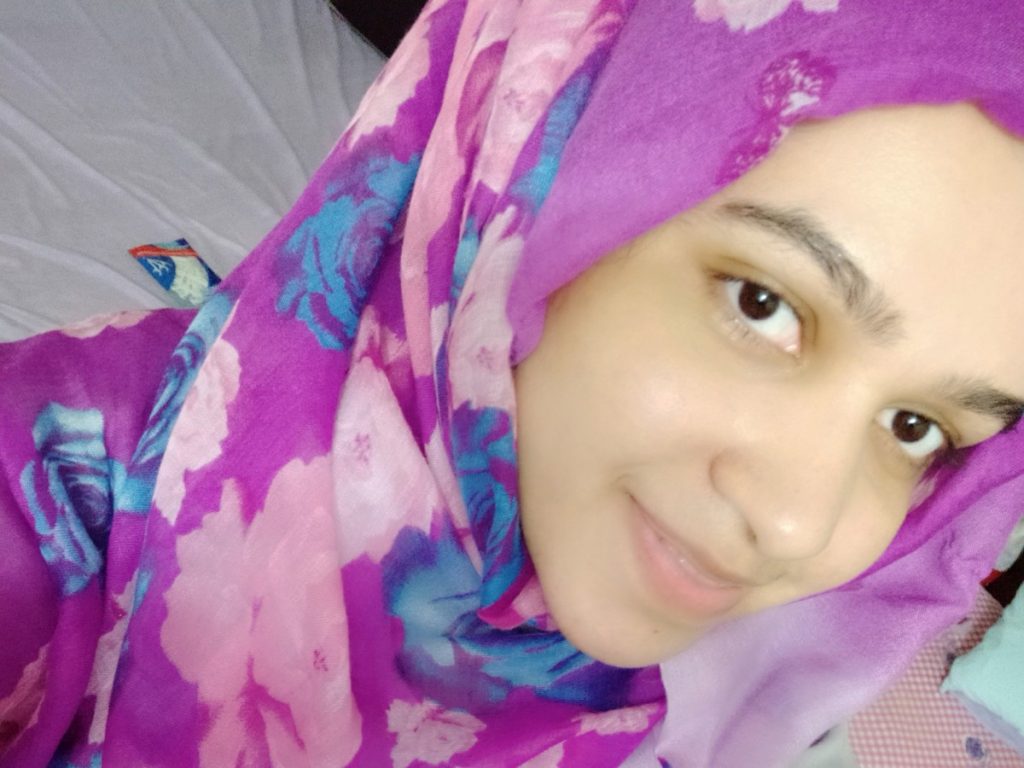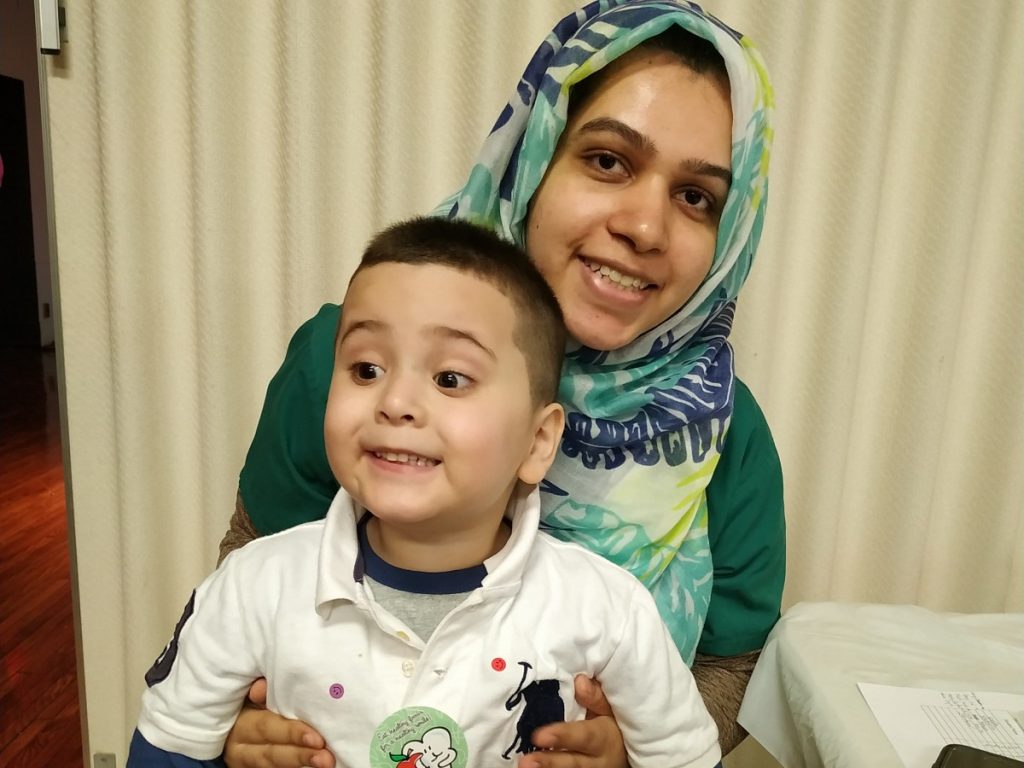Growing up in a SouthAsian community where oral health is primarily neglected, I would have never imagined I would one day be studying to become a dental hygienist. In fact, as a child, I did not even know such a profession existed. I was actually working on my way to becoming an ER physician because I saw them as heroic healthcare providers that help fight disease and save lives. However, after my first trip to the dentist, I realized that oral health has a deep connection with systemic health. If properly maintained, it can also help save lives. I visited the dentist for the first time at the age of 24, for a root canal on a cavitated tooth. The tooth’s crown had decayed completely and I was in extreme pain. The dentist examined the molar and told me it was now best to get the tooth extracted, or the abscess from the lesion could possibly lead to an infection of the eyes/brain. The dentist left me with some lasting words that day “If you had been coming in for routine cleanings and checkups, we could have detected the cavity and taken care of the tooth earlier”. After some deep soul searching, I realized that I’d just been too lazy to visit the dentist and there were many others within my culture just like me.
This is when it finally hit me. I did not want what had happened to me to happen to others. If oral health could lead to other problems within the body, I had to educate my family and community members to start taking better care of their teeth and gums. As I dwell further and further into my research, I realized that dental hygienists are the ones that offer preventive services, including fluoride treatments, routine checkups, cleanings and oral home care instructions to help people combat cavities, gingivitis and oral diseases. Grasping that I could benefit my community much more by teaching kids and adults how to take better care of their teeth, I decided to forgo my medical school plans and applied to DH schools instead. Amidst much hostility and apprehension from my parents for pursuing a career that was unheard of, I applied and was accepted into the DH program at City Tech in Spring of 2017.
Within the 2 years that I have been in this program, I’ve treated a wide variety of complicated cases, including those with advanced periodontitis, hypertension, diabetes, dental anxiety, thyroid problems, depression, sleep disorders, smoking addictions and hepatitis. Many have been difficult patients who refuse to see the oral systemic connection and look at teeth only for aesthetic appeal. Amongst these cases was my mom, a type 2 diabetic patient who despite having extreme gingival inflammation and bleeding, did not see the importance of receiving a cleaning. Realizing that my mom does not care about her teeth but is very concerned about lowering her blood sugar and losing weight, I taught her how imperative removing gingival irritants is to curing diabetes. Ever since then, my mom has received 3 routine cleanings from me, her AIC levels have dropped 0.65 points and she has lost about 20 lbs. For most patients I’ve comprehended, a little oral education goes a long way. They just need to be taught the implications of their bad oral habits and the positive changes come rolling in. These positive changes are what I live for. It is the reason I pick up my instrument bag at 5 am and walk out the door with a smile on my face. I may not be an ER physician, but I am convinced that as someone who helps combat and reverse oral and systemic diseases, I am no less than one.




